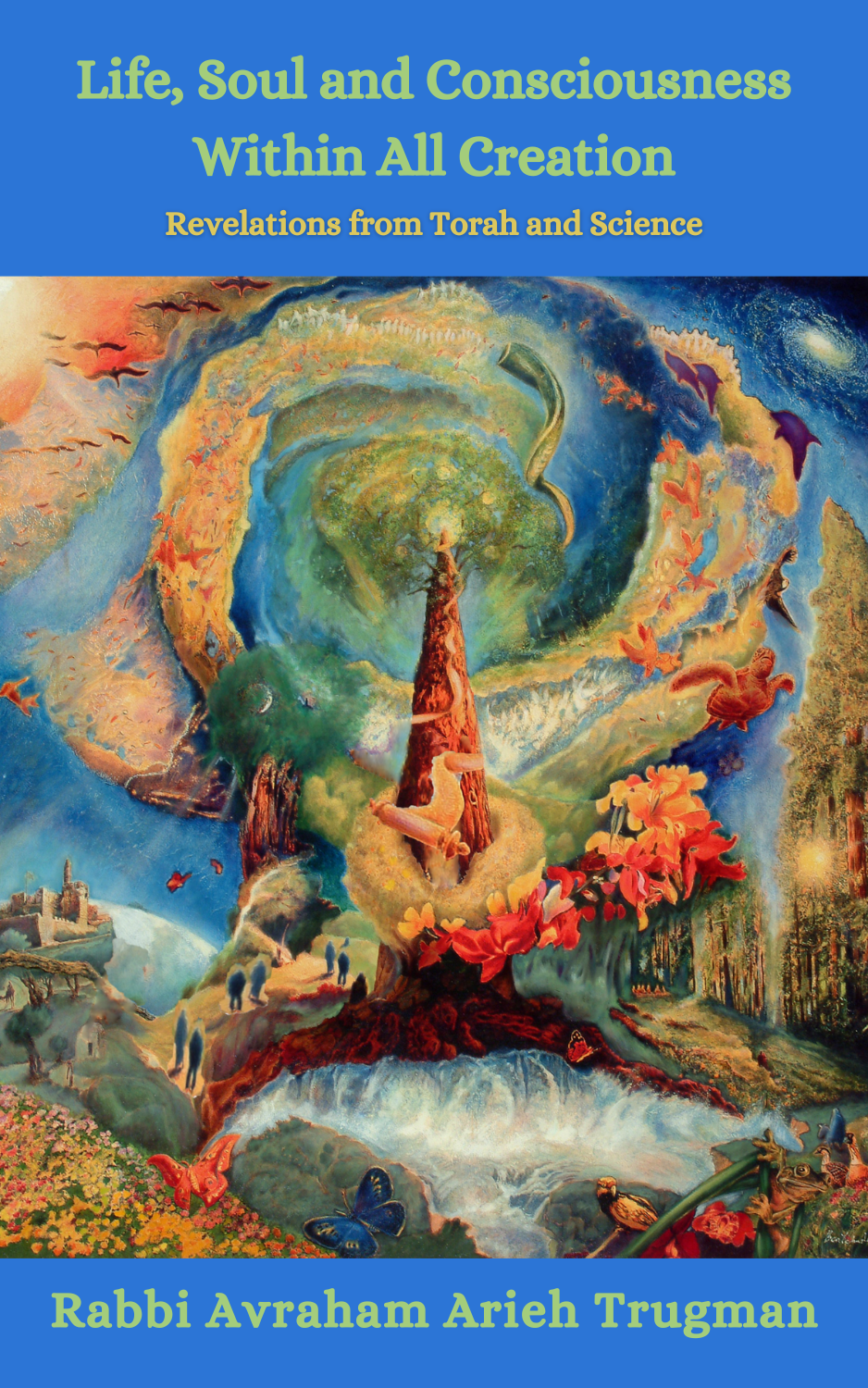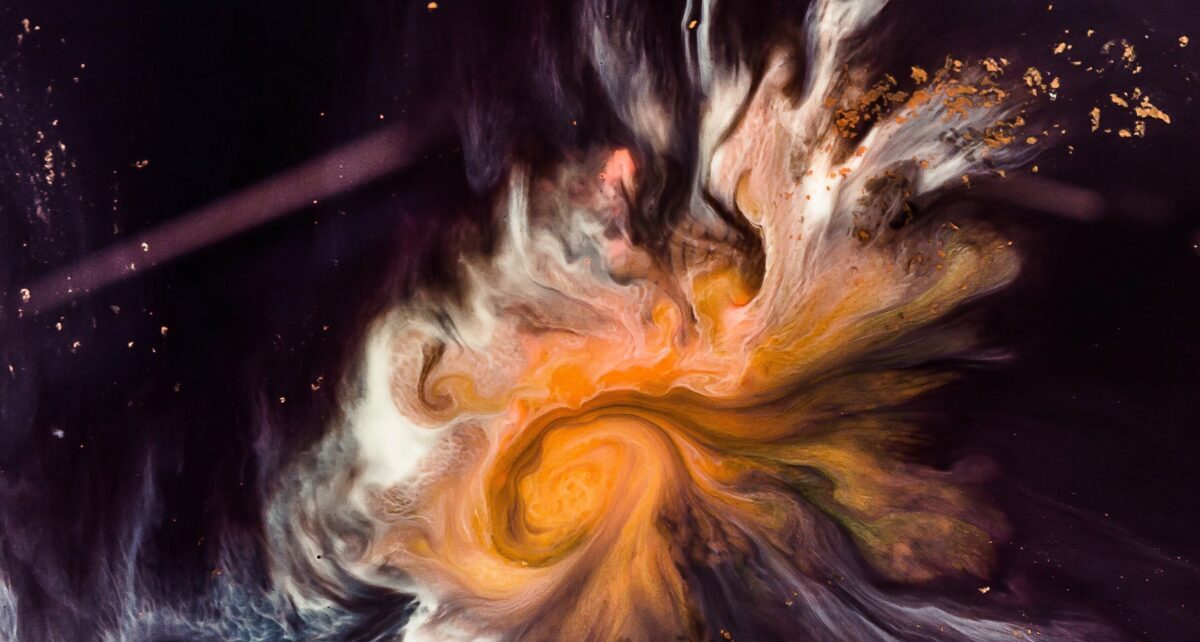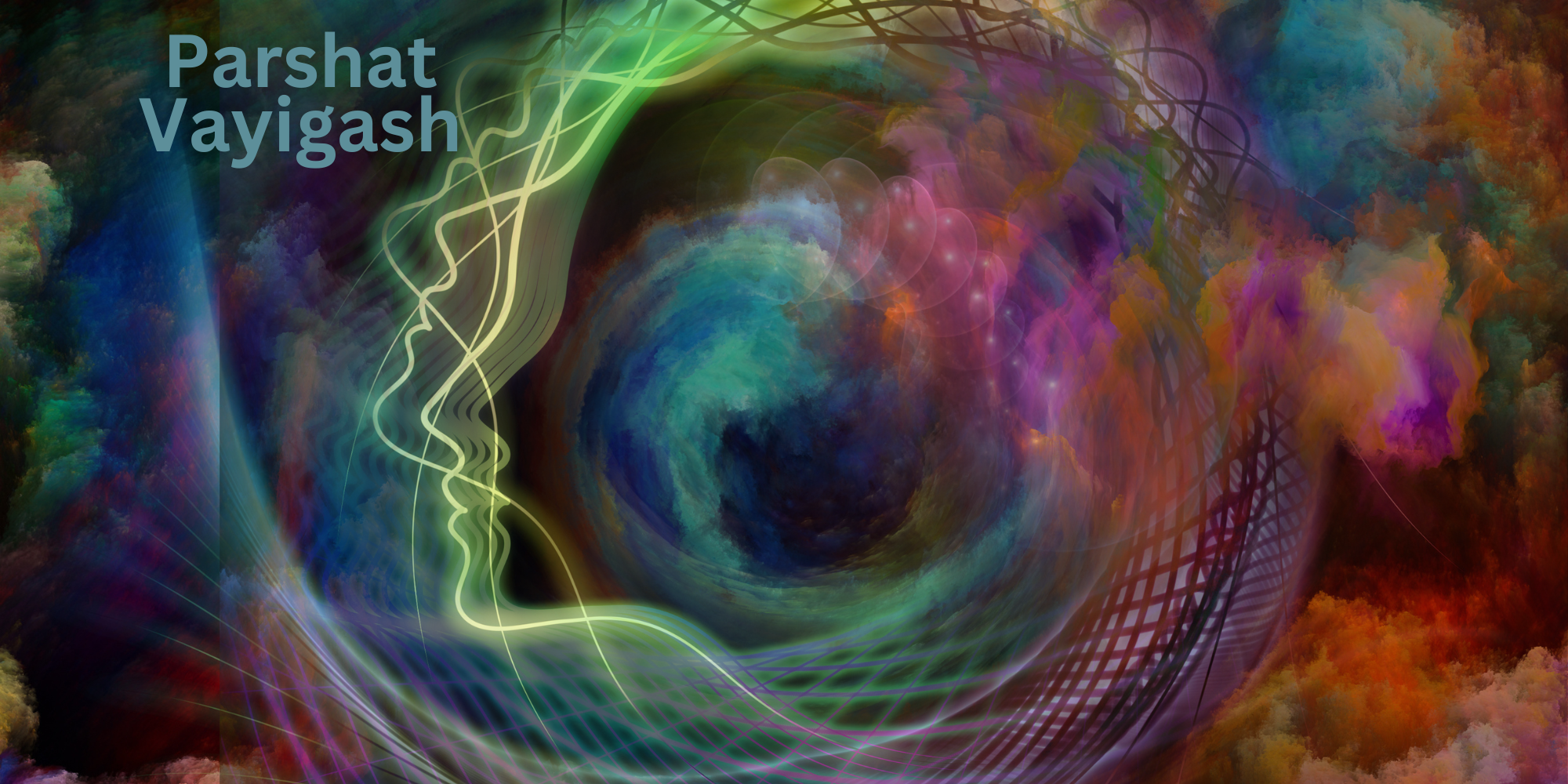The Torah concludes the story of Abraham’s purchase of Sarah’s
burial plot by stating that the field with its cave “rose up … unto
Abraham for a purchase” (Genesis 23:17-18; 23:20). Rashi explains
that the phrase “rose up” literally means “entered the possession
of.” However, he also explains the phrase metaphorically, citing the
Midrash from Bereishit Rabbah 58:8: the land was elevated because
it left a commoner’s possession and entered a king’s. On a sod or
mystical level one might say that Sarah’s burial elevated the land as
her soul was raised to a higher level of being: although she was now
in a different dimension, her soul was still connected to this world
and to the land itself; thus, she raised them up.
When Abraham bought the cave and field to bury Sarah he began
the process of not only acquiring the land but of elevating it as well.
While the land certainly possessed great holiness long before Abraham
first set eyes upon it, like a “fountain sealed up,” its real spiritual
depths had not even begun to be tapped (Song of Songs 4:12). Thus,
the Torah states that when Abraham took possession of the Cave
of Machpelah, “it rose up, the field of Ephron which is Machpelah,
which was before Mamre, the field and the cave which was in it, and
all the trees that were in the field in the borders around”(Genesis
23:17).
This “rising up” is the key to the spiritual connection between
the Jewish people and the Land of Israel. For the Land provides
the Jewish people with their own rightful place in which to ascend
in holiness and produce physical as well as spiritual fruit, while the
Jewish people elevate the Land by providing it with their tender love
and the care it needs to bring forth its holy bounty. This relationship
is alluded to by the numerical equivalency between the Hebrew
letters comprising the phrase “and it rose up” and the word “Zion”:
both are 156. This mathematical remez, is a beautiful example of how
“the actions of the fathers are a sign to their children” (Sotah 34a).
Indeed, when God first told Abraham to leave his home, his life
style, and his entire belief system and go “to the land that I will show
you” (Genesis 12:1), it is clear that God was not just commanding
Abraham to wander until he found a suitable place which God would
then give him. Clearly God planned to lead Abraham to a certain
preordained spot. This spot was the Land of Canaan, later known
as the Land of Israel. The fact that God brought Abraham to that
specific land suggests that it possessed certain qualities and energies
which God wanted Abraham and his progeny to benefit from.
The Midrash actually teaches that the Land of Israel played a
central role in the lives of all the generations predating Abraham.
Adam and Eve lived on what would be the Temple Mount after they
were banished from the Garden of Eden (Bereishit Rabbah 21:11).
When Noah sent the dove from the ark in search of dry land, it
brought back an olive twig from the Land of Israel (Bereishit Rabbah
33:9). Both Adam and Noah built altars on the very spot where the
Temple would be built (Bereishit Rabbah 38:9). Noah’s descendants,
Shem and Ever, founded and led a school in Israel dedicated to
teaching all the existing spiritual traditions (Bereishit Rabbah 68:5).
Malchizedek, who according to tradition was Shem, was a High
Priest in Shalem (Jerusalem), and it was he who greeted and blessed
Abraham (Genesis 14:18-20). From time immemorial Israel was a
spiritual magnet, drawing people knowledgeable in spiritual matters
to it.
Taking this discussion to an even deeper level, the Hebrew words
for “human being” (Adam) and “earth” (adamah) stem from the
same root. The simple reading of the verse, “dust you are and to dust
you will return” (Genesis 3:19), means that when we die we return to
the earth – but what is the significance of the first half of the phrase,
“dust you are?” The Torah states that man was formed from the dust
of the ground and that G-d “breathed into his nostrils the breath of
life, and man became a living soul” (Genesis 2:7). One version of the
Midrash recounts that dust was gathered from all over the world and
brought to the Temple Mount where God formed Adam (Sanhedrin
38). The connection between the earth and the human being made
up of a body and a soul teaches us that humanity’s relationship with
the earth (and, in particular, the Jewish people’s bond with the Holy
Land) is not merely cerebral: it is in our blood; it is in the very fiber
of our bones.
The profound connection between humanity and the earth is also
emphasized by Rashi’s resolution of what seems to be a contradiction
in the biblical text. On the one hand, the Torah recounts that
vegetation was created on the third day of creation. On the other
hand, the Torah later states: “And all the trees of the field were not
yet on the earth and all the herbs of the field had not yet sprouted
for God had not yet sent rain upon the earth and there was no man
to work the soil” (Genesis 2:5). Thus the apparent contradiction
arises: was vegetation created before human beings or not? Rashi
explains that all the vegetation had been created but it had not yet
sprouted above the earth’s surface. Without humanity’s prayers for
precipitation, nothing on earth could grow. After Adam was created,
he prayed, and God answered his prayers by causing everything to
grow.
The symbiotic relationship between humanity and the earth is
further emphasized by the following verses (Genesis 2:6-7): “And a
mist rose up from the earth and watered the face of the land. And
God formed the man of dust from the ground. And He blew into his
nostrils the soul of life and man became a living being.” According
to Rashi, the aforementioned mist formed clouds that moistened the
earth, creating the right mixture for man to be created from, much
like a baker adds water to flour in order to knead it into dough.
Here again we see the intrinsic connection of humanity to the earth
from which it is formed. The symbiotic relationship of humankind
and nature is most explicitly revealed in the relationship between
the Jewish people and their Holy Land. Hebron, from the Hebrew
root meaning “connection,” unites a Jew to not only the earth but to
the heavenly dimensions beyond this physical life as well. Abraham,
by burying Sarah in the earth below, opened the portal that connects
this world with the World to Come.







